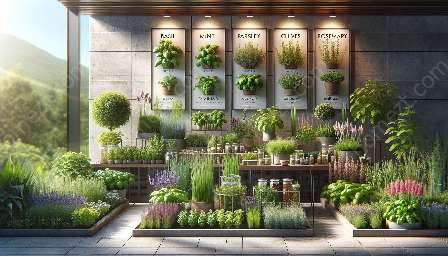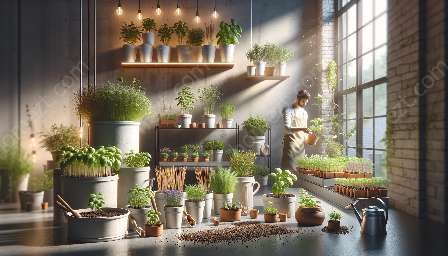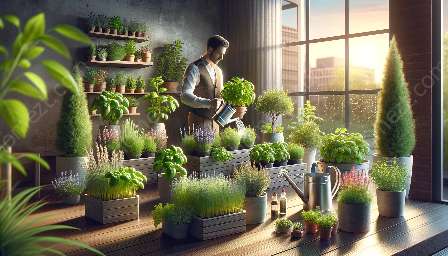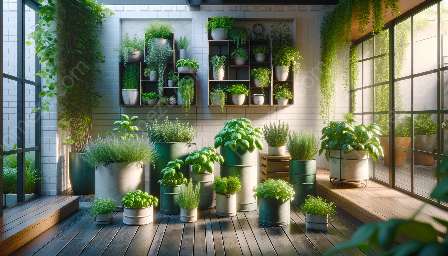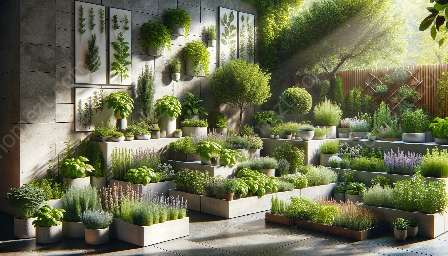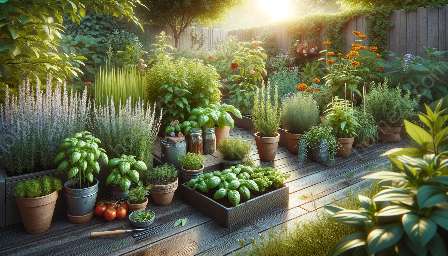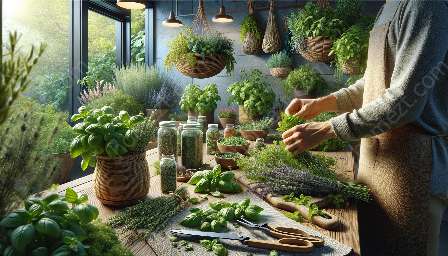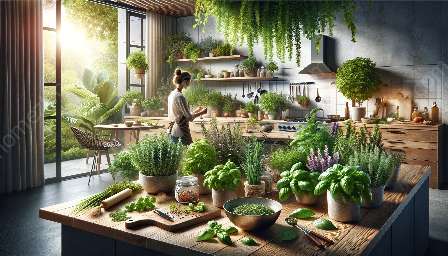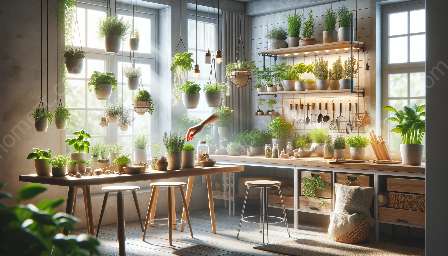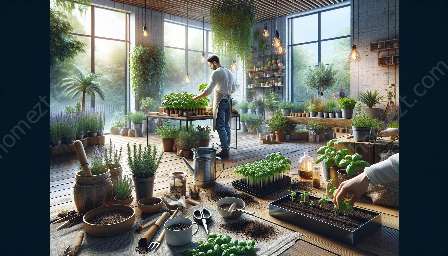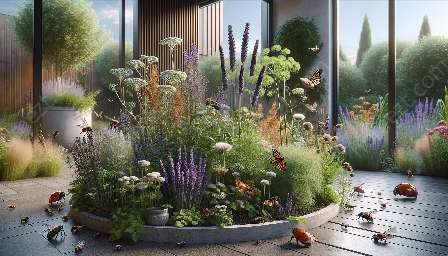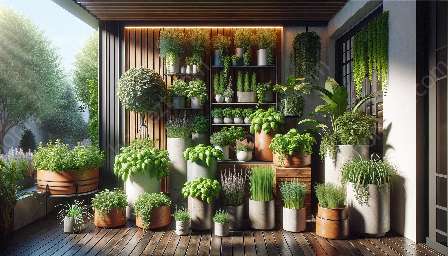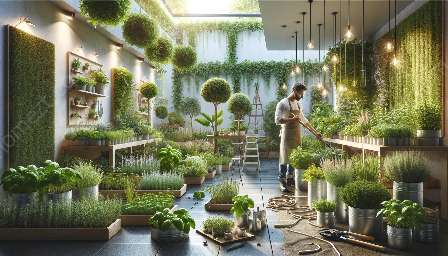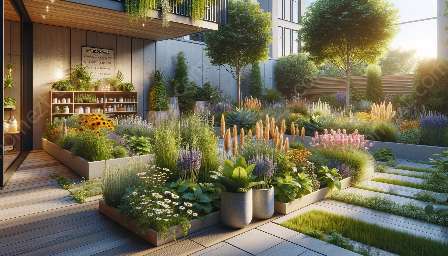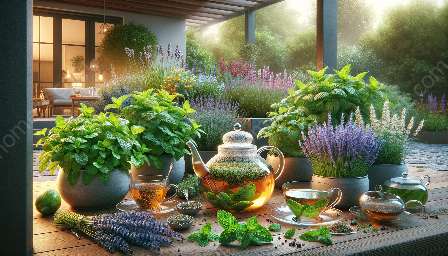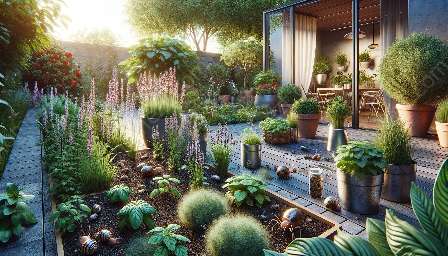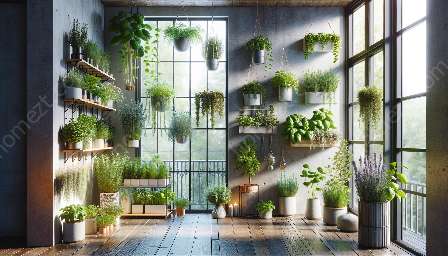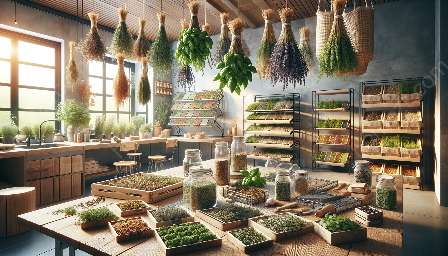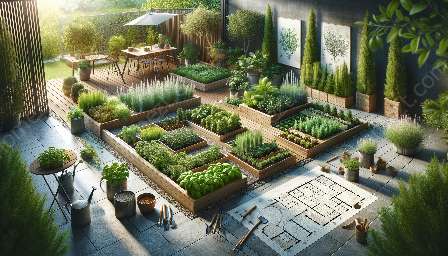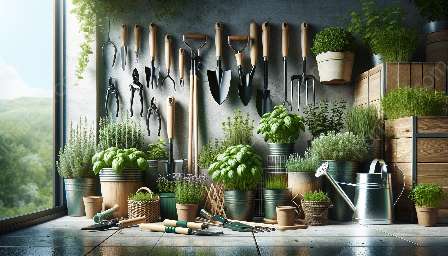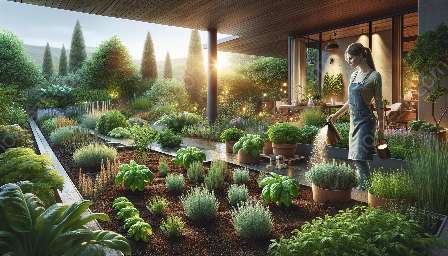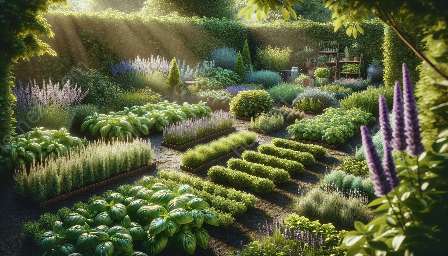Herb gardens offer a multitude of benefits that go beyond just enhancing the visual appeal of your landscape. From promoting health and well-being to supporting the environment, herb gardens have a lot to offer. In this comprehensive guide, we delve into the various advantages of cultivating herb gardens, exploring their impact on health, their culinary uses, and their role in sustainable gardening practices.
Health Benefits of Herb Gardens
1. Nutritional Value: Fresh herbs are rich in essential nutrients and antioxidants. They can add flavor to dishes without the need for excessive salt or unhealthy seasonings, contributing to a healthier diet.
2. Medicinal Properties: Many herbs have medicinal properties that have been used for centuries in traditional medicine. They can be used to alleviate common ailments or promote holistic well-being.
3. Stress Reduction: Gardening, including tending to an herb garden, has been shown to reduce stress and promote mental well-being. The act of cultivating and nurturing plants can have a calming effect on individuals.
Culinary Uses
1. Flavor Enhancement: Fresh herbs can elevate the flavor profile of various dishes, adding depth and complexity to culinary creations.
2. Cost-Effective Cooking: Growing your own herbs can lead to significant cost savings compared to purchasing them from stores. It also ensures a ready supply of fresh, high-quality herbs.
3. Culinary Exploration: Herb gardens provide an opportunity for culinary experimentation, allowing you to explore a diverse range of flavors and ingredients in your cooking.
Environmental Impact
1. Biodiversity Support: Herb gardens can attract beneficial insects and pollinators, contributing to the overall biodiversity in your garden and promoting a healthy ecosystem.
2. Reduced Carbon Footprint: Growing your own herbs reduces the need for transportation and packaging associated with store-bought herbs, leading to a smaller carbon footprint.
3. Sustainable Practices: Cultivating herbs using organic and sustainable gardening methods helps minimize environmental impact and supports eco-friendly gardening and landscaping.
Gardening and Landscaping
1. Aesthetic Appeal: Herb gardens add visual interest to your landscape, with a diverse array of colors, textures, and fragrances that can complement existing garden designs.
2. Educational Value: Herb gardens offer opportunities for learning about plant care, gardening techniques, and the natural world, making them ideal for educational and recreational purposes.
3. Low Maintenance: Many herbs are relatively easy to grow and require minimal maintenance, making them suitable for both novice and experienced gardeners.


